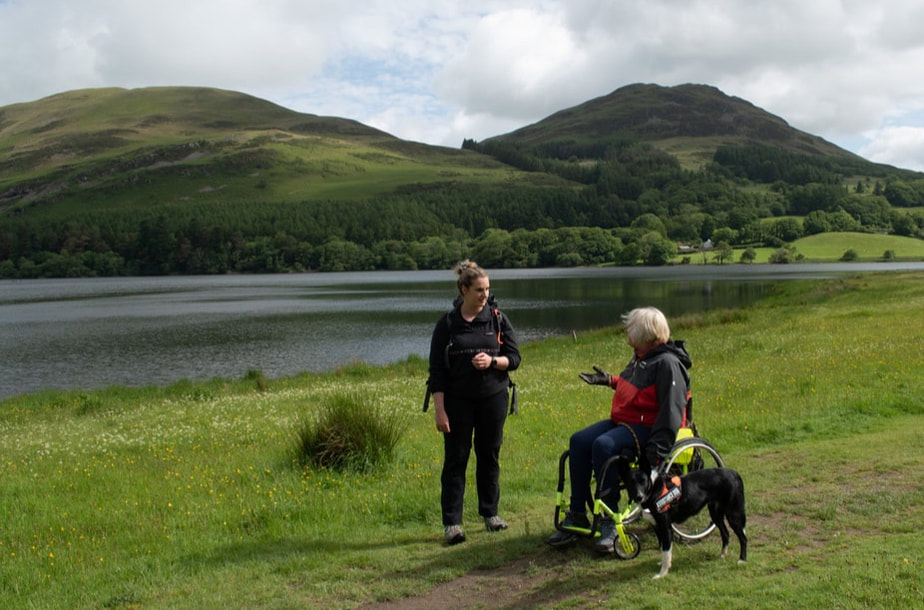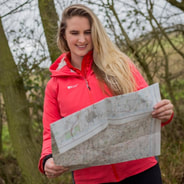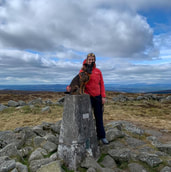episode 14: CHARLOTTE DITCHBURN, ACCESS FIELD OFFICER
|
14 July 2022
Photos used with permission from Charlotte Ditchburn
|
I talk with Charlotte Ditchburn, Access Field Officer and Public Rights of Way advocate. She shares with us how she found herself in this niche area of the outdoor world, one that is often not well known to the general public but has such an impact on our ability to adventure outdoors. Her outdoor job has provided more than a living, it's part of how she keeps her mental wellness and lets her connect with likeminded communities to embark on new outdoor adventures. Charlotte was also candide about the challenges she faces as a woman in her role and has some great advice for anyone considering the access sector.
|


